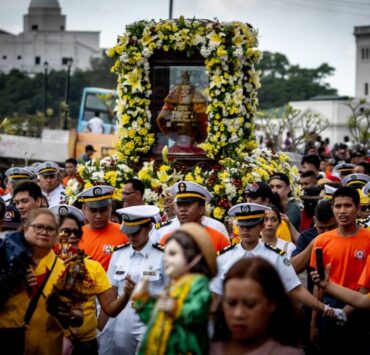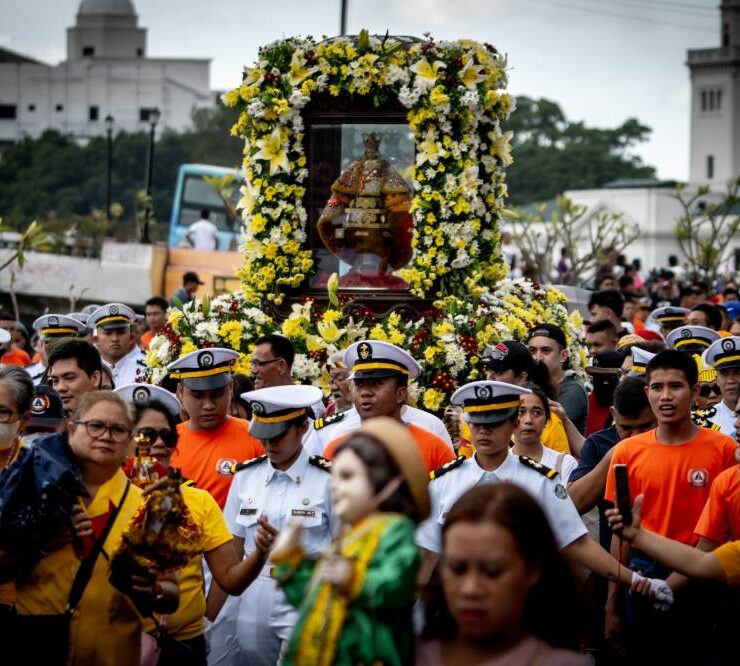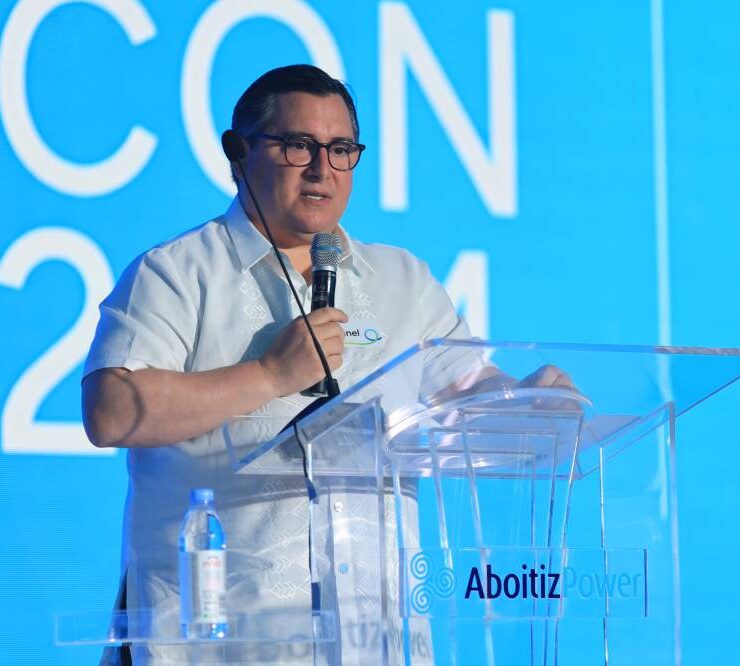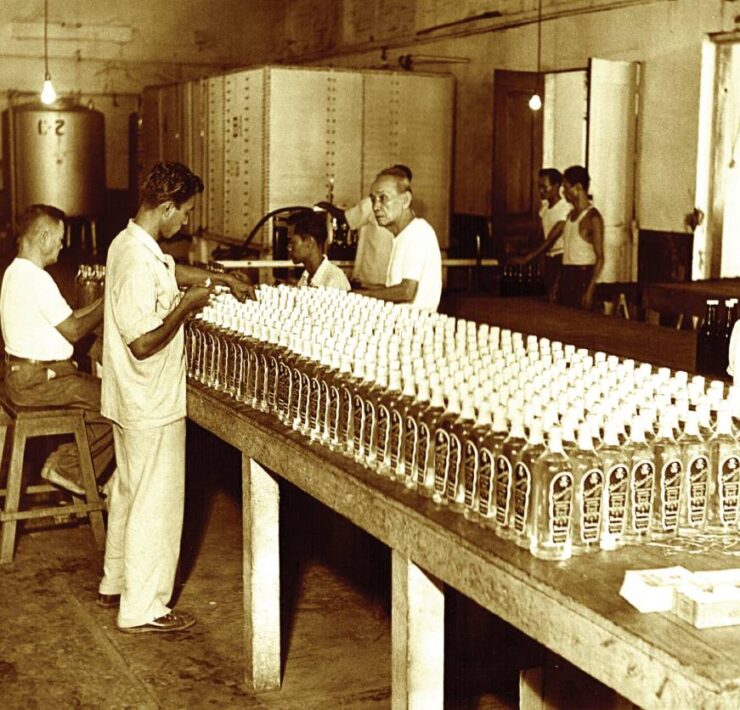A golden era in PH sports, thanks to this generation
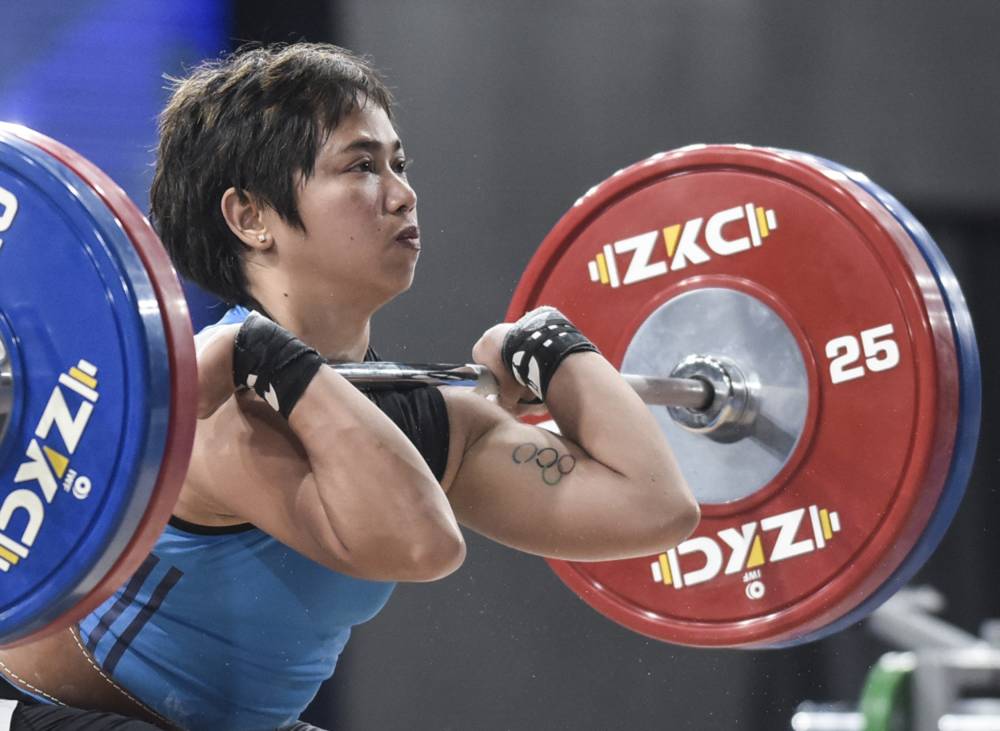
A generation spans somewhere between 20 to 30 years, a stretch of time that allows for children to be born and have their own babies, too.
Recent generational divides, however, have been trimmed to somewhere around 15 years.
In 2008, Manny Pacquiao was having probably the most dominant stretch of his career in terms of both fighting success and earning power. Late that year, he sent Oscar De La Hoya to retirement with a stunning display of speed, accuracy and relentless pressure. He earned at least $15 million for that fight, his biggest revenue at that point.
The next year, he came up with his most smashing victory, a second-round knockout of British star Ricky Hatton in May of 2009. Six months later, in November, he reaffirmed his pound-for-pound greatness by taking on—and stopping—dangerous welterweight sensation Miguel Cotto.
By that time, Pacquiao was a certified headliner, selling out Las Vegas arenas and generating millions of pay-per-view buys with each fight, highlighted by his megabout against Floyd Mayweather Jr., which set records in total money earned at that time.
It also made one thing clear: the Filipino athlete was built for the big time.
Years before that, Pacquiao was already a dominant boxing force, a storm of a fighter bearing down on the greats of the featherweight division. But to have his profile plastered on an entire wall of a posh Vegas hotel as the main draw of a fight card? Would that have been possible?
“Why not?” Pacquiao asked then.
In two words, he laid the foundation for a Filipino brand of audacity.
No longer would Filipino athletes settle for a thin slice of sporting glory. And no longer would Filipino sporting fans be reduced to cheering for regional victories.
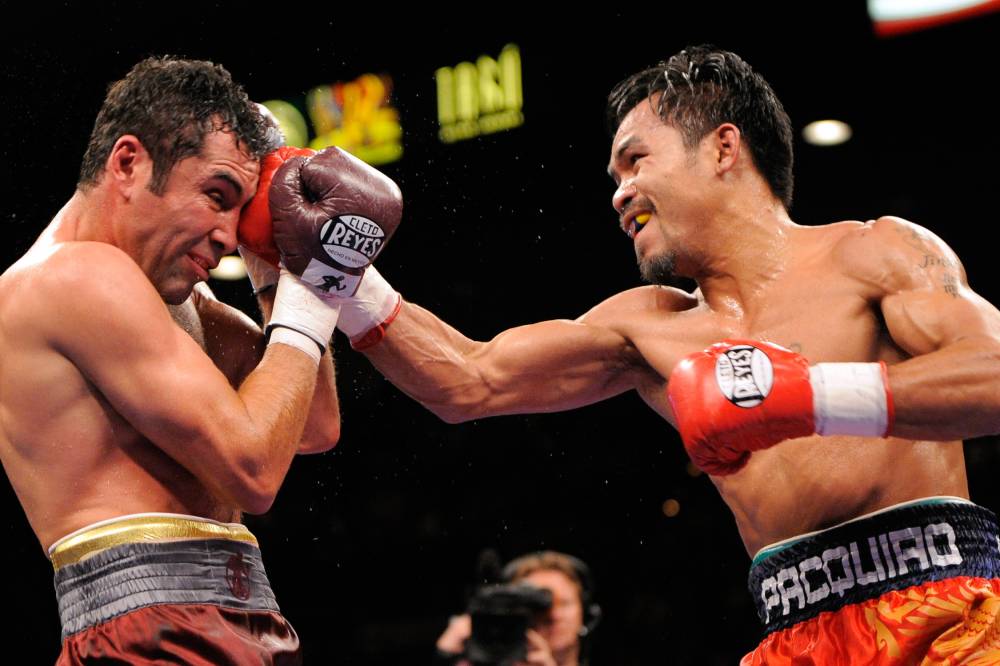
Elevation
In the next 15 years or so after that Pacquiao stretch of sporting and financial dominance, Filipino athletes conquered the world, creating a golden era of Philippine sports.
Before they came, the sporting gods Filipinos beheld included the likes of Paeng Nepomuceno, whose bowling prowess was so remarkable, even the Guinness Book of World Records had to recognize him; Lydia de Vega, once Asia’s fastest woman; and Efren “Bata” Reyes, whose disarming smile couldn’t calm the fear of every opponent that faced him at the pool table.
But this generation proved they belonged to the same pantheon and elevated Philippine sports to a level never before reached.
While Pacquiao was beating up boxers regardless of their weight, the national basketball program began a massive restructuring and built a men’s team that, in 2014, returned to the World Cup for the first time in ages, winning its first game in international basketball’s biggest tournament after beating Senegal in a group stage match.
Four years later, Yuka Saso, although now carrying a Japanese passport, became the first Filipino golfer to win a gold medal at the Asian Games, rallying the country down from a near-impossible deficit on the final hole to overtake China, simply because the Philippines wasn’t going to accept placing second to a powerful neighbor again.
That feat, achieved in 2018, would have booked her spot among Filipino sporting heroes. But no, she just had the audacity to go out and win the 2021 US Women’s Open, becoming the first Filipino, man or woman, to win one of golf’s revered majors.
A year later, Alex Eala became the first Filipino tennis player to win a singles title in a Grand Slam event when she ruled the girls’ singles division of the US Open. She added that trophy to Grand Slam wins in doubles competitions of the Australian and French Opens.
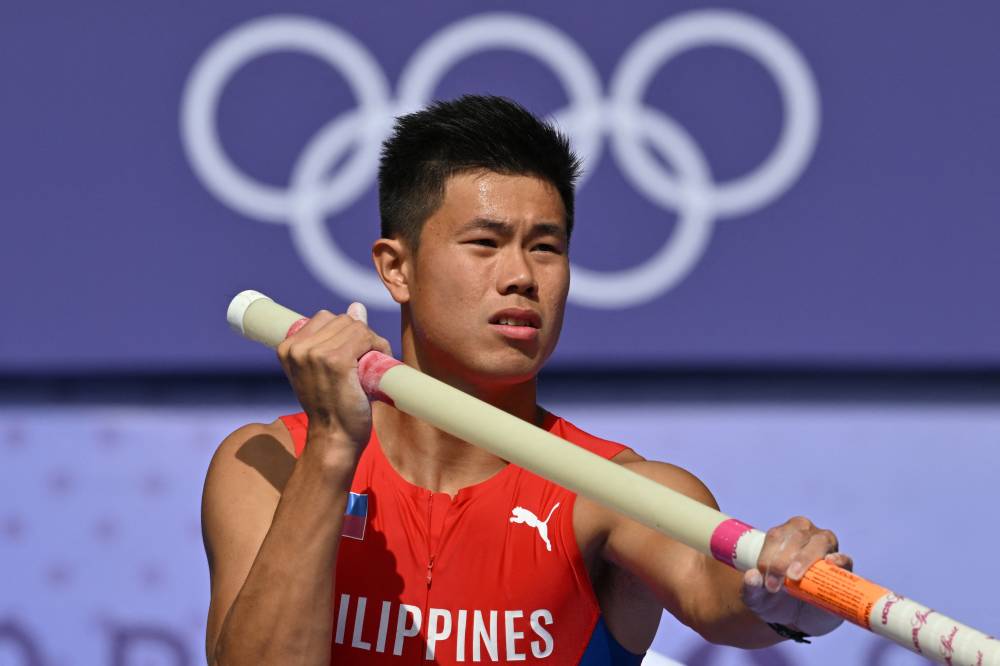
Past ‘good enough’
Like Pacquiao, Saso and Eala earned their share of front-page appearance in the Inquirer, which has written extensively about this golden era.
Their wins signaled a shift in mindset among Filipino athletes, and a shift in expectations among Filipino fans.
No longer was “good enough” good enough.
Strangely, that kind of audacity shone brightest in the one event where a Filipino did not win a medal.
In the 2020 Tokyo Olympics, held in 2021 because of the pandemic, EJ Obiena made history after becoming the first Filipino to reach the final of an athletics competition, but created his own hero moment by arguing his case over a technical dispute, breaking the Filipino stereotype of just nodding along.
“It doesn’t matter what your status is. If you’re the manager, you’re the clerk, you’re the sanitary personnel, you should be able to speak your thoughts. I’m not saying you should disrespect [anyone]. When you truly believe you’re right, there should be a right way to explain it, there’s always a right way to fight for it,” Obiena said.
“We Filipinos, we’re very timid, we’re very ‘yes po, yes po yes po.’ Sometimes, we should say ‘wait lang po, pwedeng ganun; wait lang po, may idea ako; or wait lang po, ito ang tingin kong tama.’ I believe everybody should do it.”
That kind of spirit meant that the Filipino athlete can no longer be told to accept they were meant to be mere participants on the world stage.
They had about as equal a chance as their next competitor to win the gold.
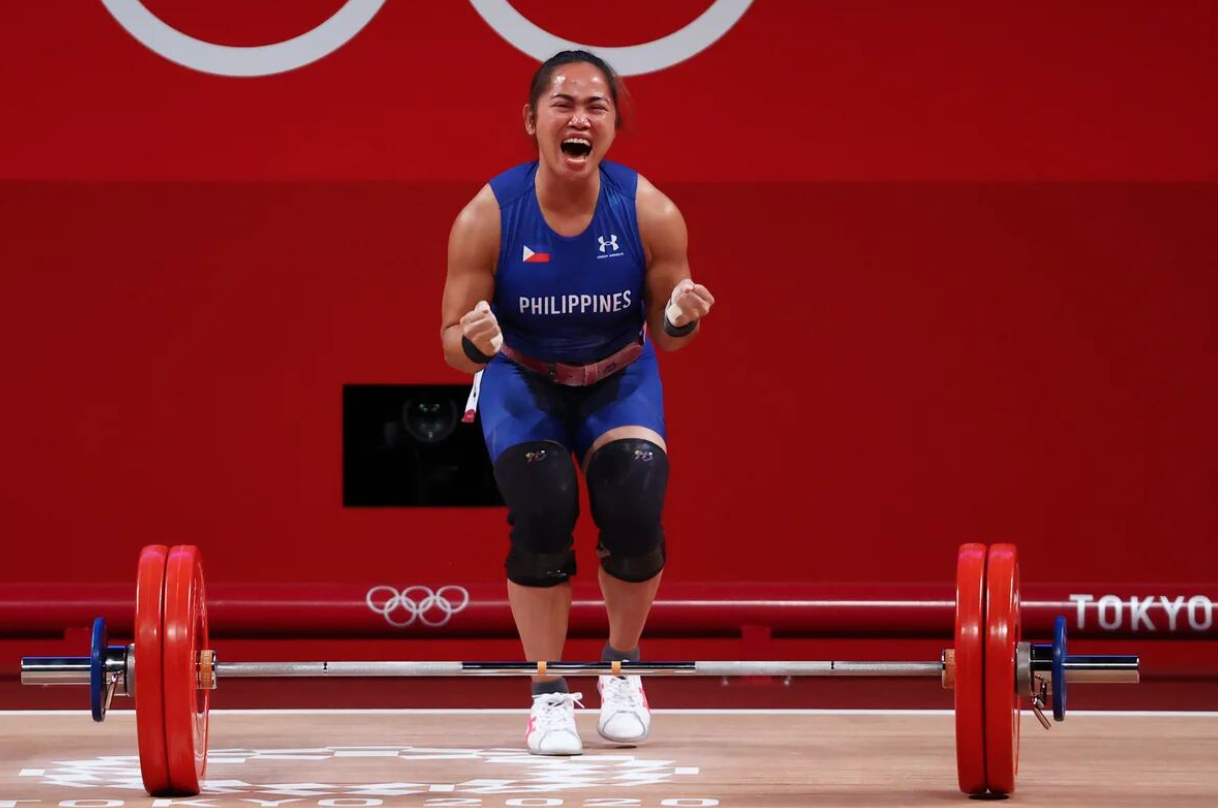
Hidilyn’s self-belief
And it was in that same Tokyo Games that the Philippines ended its hunt for a gold medal after nearly a hundred years of participation.
Hidilyn Diaz (now Hidilyn Diaz-Naranjo) won the gold medal in the women’s 55-kilogram category of weightlifting, beating a Chinese foe—world record holder Liao Quiyun—that she had no business beating.
Except that Diaz entered the competition armed with more than just extensive and holistic training and the burning desire to make the country proud—previously the combination fuel for past national athletes.
She came with an enormous amount of self-belief.
“The Filipino can do it,” she said, referring to winning on the world stage. “We just have to believe.”
The Filipino listened.
The Philippines in football’s World Cup? Laughably impossible.
But the women’s squad had the audacity to think of that feat as more than a joke.
In January 2022, Sarina Bolden stood at the penalty spot and the Philippines sat on the cusp of history. She delivered the winning kick and in dramatic fashion, earned the country a spot in the 2023 Women’s World Cup.
There they were supposed to merely bask in the historic appearance, right?
Wrong.
The team eventually shocked host New Zealand, putting the Philippines in the list of World Cup match winners.
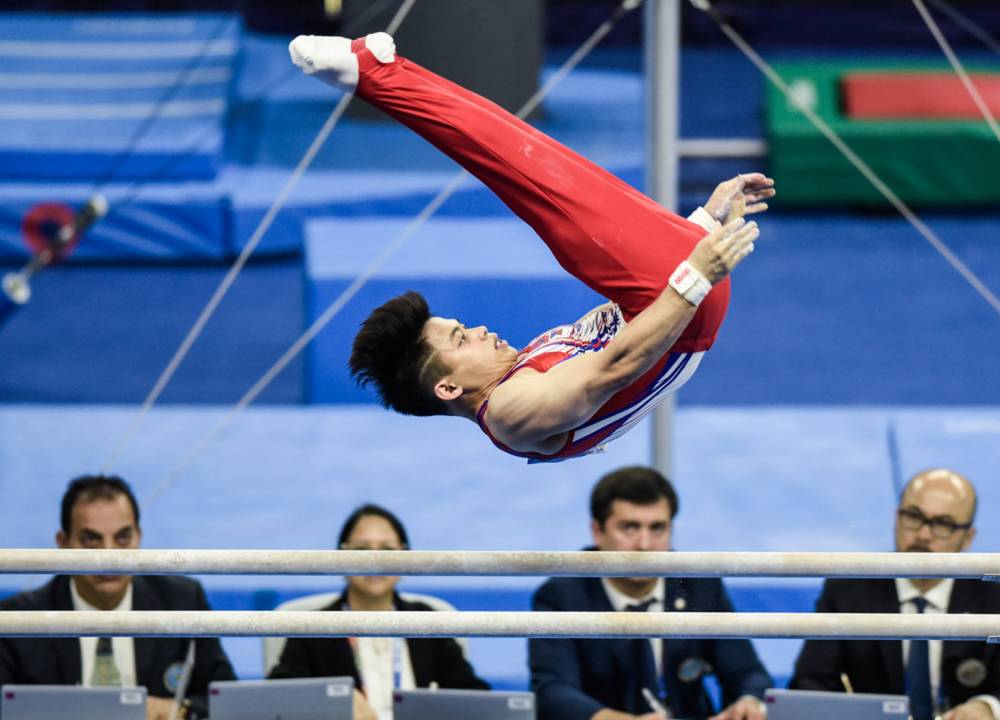
Gilas grows, Yulo shines
And the victories kept coming.
After a dismal performance in the 2023 Fiba (international basketball federation) World Cup, the Philippines repaired the national program, handing Gilas Pilipinas to coach Tim Cone.
What has Cone accomplished in a little over a year?
He ended a 60-year wait for a gold medal in the Asian Games and, during an Olympic Qualifying Tournament in Latvia, beat the world No. 6 hosts.
Then, in 2024, Carlos Yulo doubled down on Diaz-Naranjo’s message.
Yes, the Philippines can win in the Olympics.
Yulo, the spitfire of a gymnast, won twice, making history as the country’s first double-gold winner in the Games.
Indeed, there hasn’t been a 15- or 20-year stretch like this in Philippine sports.
But we no longer have to say “and there won’t ever be another one” anymore.
Filipino athletes now believe that they can conquer the world. Because as one proud fighter said some 15 years ago when this fantastic stretch began, “Why not?”














